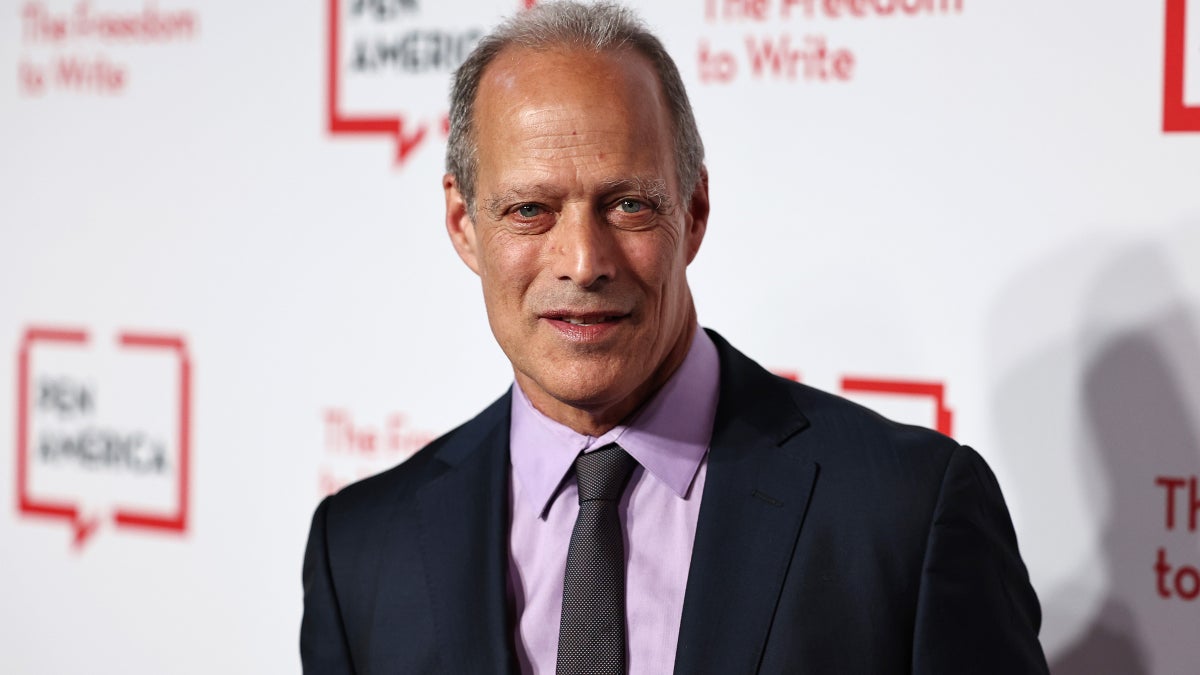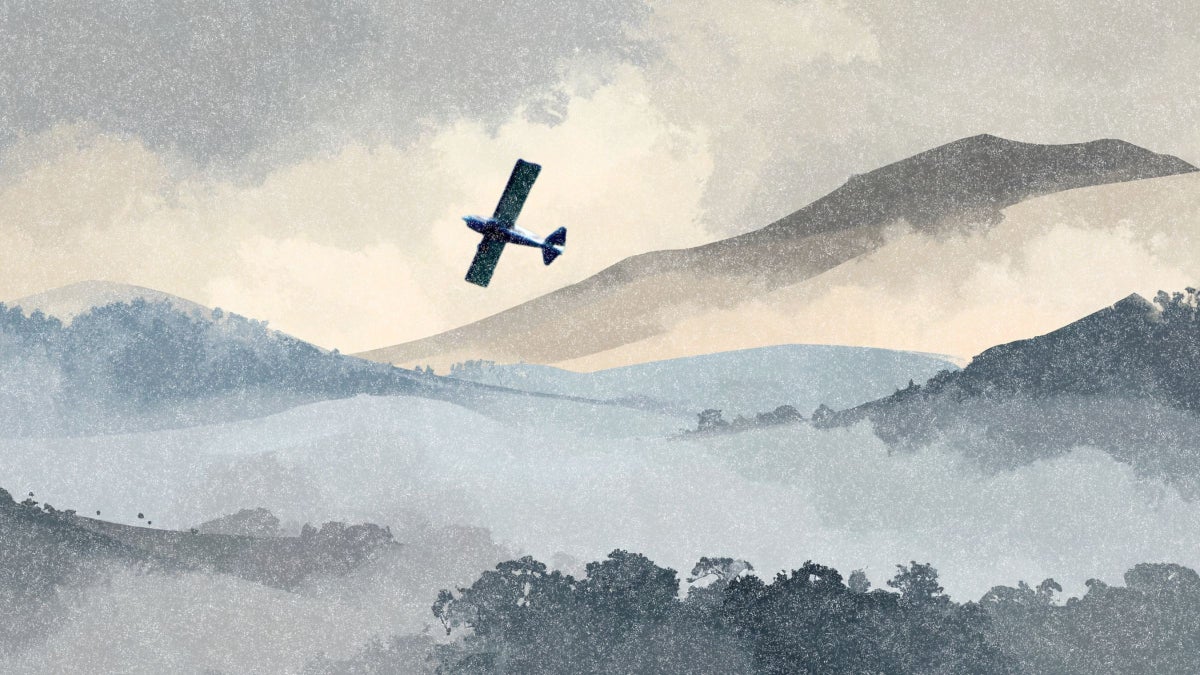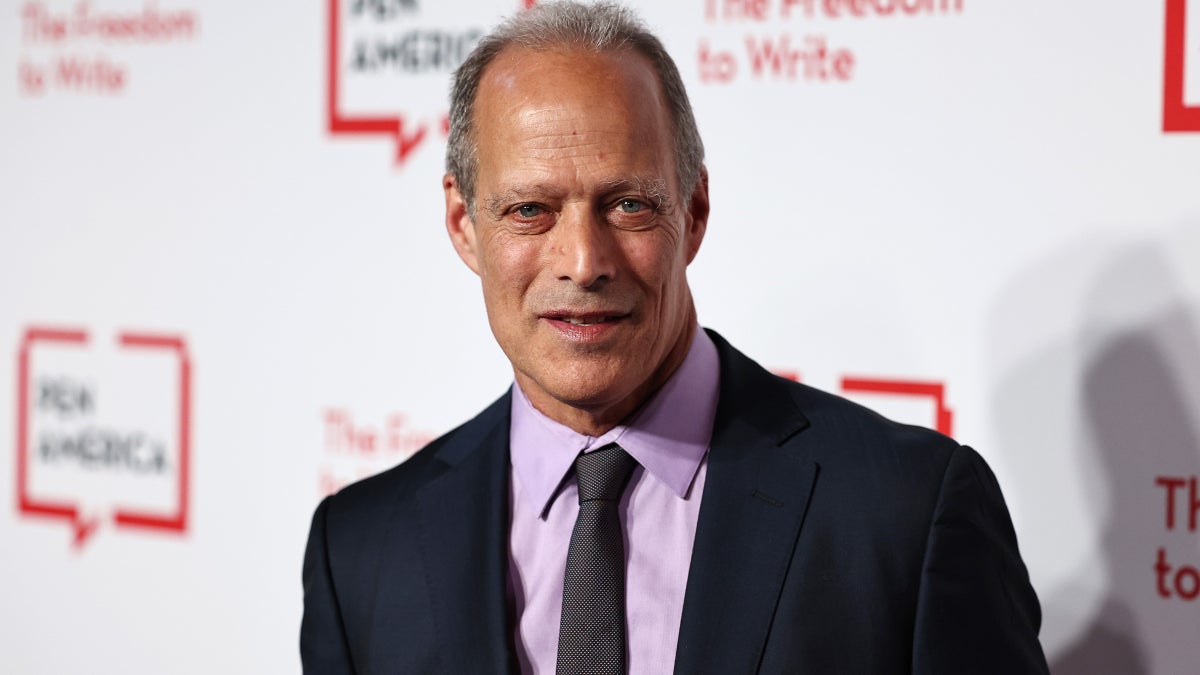
Journalist Sebastian Junger has spent the last three decades enthralling audiences with his long-form investigative magazine stories, best-selling books, and documentary films. His hallmark work, the 1997 book The Perfect Storm, started out as a story in Outside in 1994. He was nominated for an Academy Award in 2011 for his documentary about the Afghanistan war called Restrepo.
Junger is back in the limelight this month. He is the executive producer of a four-part Netflix series, Marines, which focuses on the U.S. Marine Corps as it prepares for a doomsday-like global war. Junger, 63, worked on the series alongside director Chelsea Yarnell.
We caught up with Junger to talk about the Netflix series, The Perfect Storm, and other other projects.
Outside: What is different about young Americans in the military in 2025 compared to the soldiers you profiled in Restrepo back in 2007?
Sebastian Junger: The main difference between the guys who I was with in Restrepo and the guys in Marines, is that the latter were never in actual combat. But yes, there is also a generational difference. Guys in the military now have the expectation of being able to be in almost continual contact with their loved ones back home. That was impossible for the guys in Afghanistan’s Korengal Valley back in 2007. It was probably good that it wasn’t happening, to be honest. But still, the biggest gap I see exists between anyone who has been in combat and anyone who hasn’t. And in Marines, there is a ship full of people who pretty much have never been in combat, and it shows in their naiveté, in their bravado, and in their fears. It could change one day, and they could become like the guys in Restrepo. Hopefully not. I’m guessing that some of that bravado and boasting would stop.
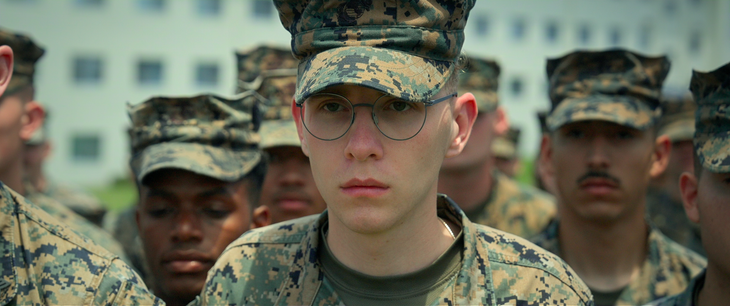
What are the similarities between these two generations of soldiers?
There are a lot of things that are familiar in 2025 compared to 2007, compared probably even to soldiers in 2,000 B.C. for that matter. Young males are genetically wired to be capable of offensive and defensive violence, and every society depends on that role. It’s much more integrated by gender, obviously, even though women can also do all of these jobs. But for most of human history, it’s been young males doing warfare. And you see that because of testosterone, because of cultural programming, because of competition between them. And that is on full display with the guys in Marines.
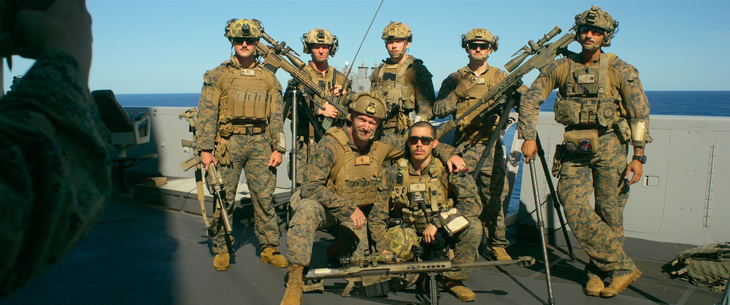
You almost died of an aneurysm in 2020, and you wrote a book about the experience. How did it change the perspective you bring into your creative projects?
Young people have almost no awareness of understanding their own mortality—nor should they. Part of our lives should be free of that type of worrying. There’s always time for us to understand that our lives will someday end. The rupture of the aneurysm in my abdomen brought that ultimate truth about life front and center. Seeing combat in Restrepo didn’t even do that for me. It was this medical catastrophe, and it made me think about how precious not only life is, but every moment—it’s a cliche, right? The fact that young people have trouble connecting to this thought is normal, and they should live their lives and not think about how every moment could be their last. They should just go for it. But at some point, in your forties, fifties, or sixties, it dawns on you that, woah, the sand is running through the hourglass pretty fast. Every grain is important. And for me, that’s when you truly start living.

It’s been 25 years since The Perfect Storm was released as a feature film. If you were telling this story in 2025, given the media landscape with streaming television, TikTok, multi-part docuseries, true-crime podcasts, and other new storytelling formats, would you change your approach to telling this story?
No. I can’t tell you how uninterested I am in all of that other media. I still have a flip phone. I’m never on social media. I hate the whole thing. I would still protect the work and shelter it from all of that in order to tell a true story with as much focus and accuracy as I could. I never think about my audience when I write, I do what is best for the topic. I’m a journalist. I write books. Yes, I’ve made a couple of documentaries, but I made them as a print journalist trying to think in the visual images about the same story. I mean, with Restrepo, we could have made that into one of these multi-part docuseries. But I also don’t think I’d do that now. There is a dignity to the format we chose that was very compelling. We were trying to give people an emotional experience in a theater.
What then about Marines that lends itself to being a docuseries versus a feature documentary like Restrepo?
Marines is trying to impart an enormous amount of information on the viewer. And so it was perfect for this format, because it’s a predominantly informative endeavor. But you, as the viewer, don’t for a moment think that you’re on an aircraft carrier with these guys. A documentary series doesn’t do that. What we did with Restrepo, we were trying to do a sleight of hand, where for 90 minutes you felt like you were there in Afghanistan. If an IED goes off, it feels like it’s right next to you. They are both important endeavors, but very different types of stories.
This interview was edited for space and clarity.
The post 5 Questions with ‘The Perfect Storm’ Author Sebastian Junger appeared first on Outside Online.










